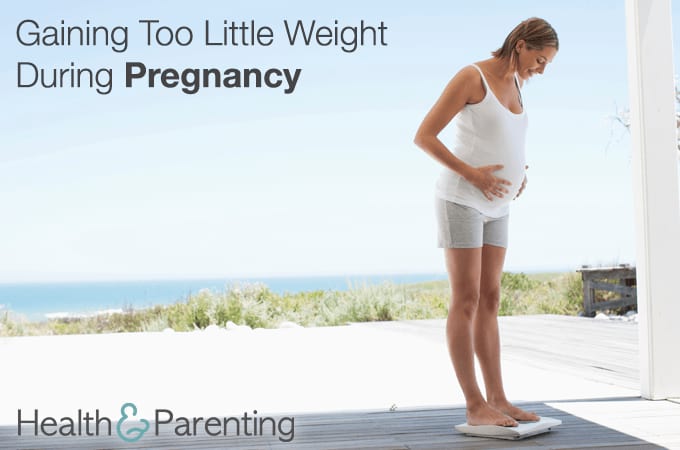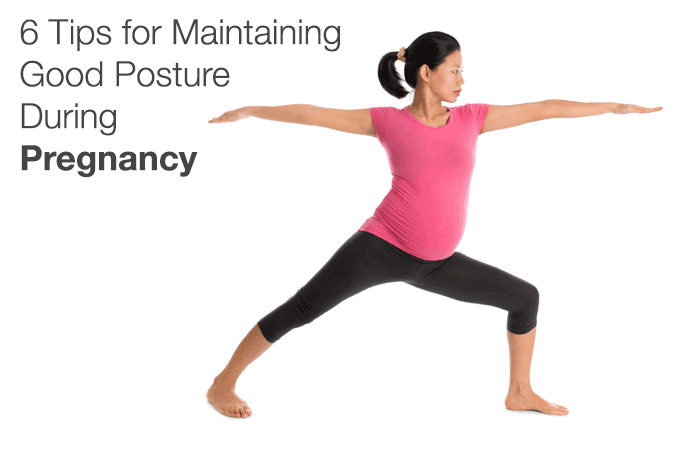Picking a name for your unborn child can feel like a pretty daunting decision. It’s not exactly something you want to regret later, and you won’t be able to change your mind once that birth certificate is signed. To help you get it right first time, here’s a few things to consider:
Boy or girl
For those of you not finding out the gender of your baby, you have double the trouble when it comes to choosing names. Make sure you select an option for either sex, even if you have a strong feeling it’s a girl. Many new parents have been caught out by having a baby boy when they’d only chosen a girl’s name. Even if you’ve found out the gender during pregnancy, it’s always a good idea to have a backup name for the opposite sex because scans aren’t always 100 per cent accurate.
A name for life
The name you choose for your child will be theirs for life, so it’s important to make sure it’s the right one. Some names that sound adorable for a baby, may start to sound silly if you imagine them belonging to an adult in a senior job. Imagine how the name might grow with your child, this will help to determine whether you’ve selected the right name.
Surname
Does the name sound good with the baby’s surname? It sounds obvious, but it’s important to check so you don’t end up with a little Ben Dover! Don’t just check the full first name, try it out with the initial too. You can never be too careful where playground taunts are involved!
Nicknames
Bear in mind that, at some point, your child’s name is likely to get shortened to a nickname. Think of all the possible variants for your selected name, and make sure you like those too. If you love Christopher but hate Chris, then that might not be the name for you.
Meanings
You might like to find out the meaning of your favourite names as this could help to shape your decision. If you’re struggling to choose between two, discovering that one means “achiever” and one means “misery” could be just the tie breaker you need.
International names
If you have a very international lifestyle, you may want to choose a name that works in English, French, Spanish etc. A name that could be understood and pronounced easily in any one of those languages, without spelling changes or adaptations. And which doesn’t feel immediately “foreign” in other countries.
If you’re struggling to agree on a name, you could try asking close friends and families for their opinions. Though this strategy comes with the added risk that people may dislike all of the names on your carefully thought out shortlist.
The most important factor to consider when choosing your baby’s name, is whether you and your partner like it. If you can both agree on a name, and can’t think of any reasons why not to choose it, then it seems you’ve found your name.
There’s nothing wrong with changing your mind. If you have had a favourite name in mind for weeks, and then all of a sudden go right off it, that’s fine. Start the process again. At the very least, you’ll have a few back up favourites for if you change your mind in the delivery suite.
Written by Fiona (@Fiona_Peacock), mother, writer and lover of all things baby related.
This information is not intended to replace the advice of a trained medical doctor. Health & Parenting Ltd disclaims any liability for the decisions you make based on this information, which is provided to you on a general information basis only and not as a substitute for personalized medical advice. All contents copyright © Health & Parenting Ltd 2018. All rights reserved.





















